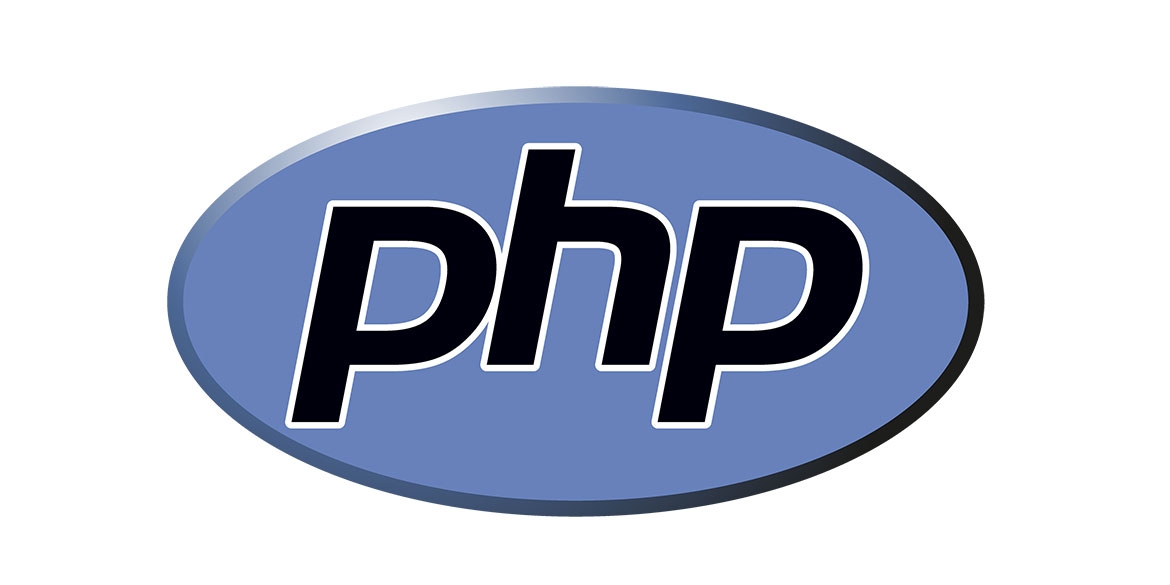We often encounter customer requests regarding the version of certain server components. Whether it’s a request like “I need at least version X.Y” or “I need exactly version X.Y”, or even “There is a bug or security issue in version X.Y on your server, please update to version X.Z”, these requests or remarks are usually unnecessary. There is one answer to all three questions: No, you don't need it. However, there are exceptions, and I will write about those too.
Customers often argue: "But my application needs exactly this version." or "I downloaded the software, and it didn’t pass the installation check." They usually confirm this with a knowledgeable "You have an old version, a new version has been out for a long time."
Yes, we know about the new versions. We also know that various web applications, including very popular ones, perform pre-installation checks for prerequisites. We also know that developing your own application, if not done correctly, can be problematic and may depend on a specific version of the software. However, all these reasons are not much compared to several reasons why using a different, distribution version is preferable.
First, it's important to say that we are talking about Shared hosting, which means multiple customers on one server accessing the same software version. Yes, it is possible to install multiple versions and let the customer choose. But do we really want to have as many versions on shared hosting as there are customers? No, we don’t. The reason is simple. It is very labor-intensive to maintain multiple versions while keeping a high level of security, automation, and availability. Yes, we make our job easier. Our systems are automated and therefore secure. When an issue arises, we can fix it across all affected systems within minutes.
So, what should you do if you need a specific version of software?
It’s simple. First, make sure you really need it. The fact that the application says so doesn’t mean much. Usually, they blindly check the program version, and if it’s different from the version set in the variable, they refuse to install. But a reasonable application won’t do that.
Reasonable applications are not written for a specific software version but are tailored to the operating system. If the application states that it needs Red Hat Enterprise Linux version 6 or MS Windows 2012, you can be sure it will run on such an operating system. That is unless the administrator decides to listen to the customers and installs the “latest version of some program”. The administrator sticks to the distribution software and doesn’t install “anything from the internet”. Yes, even PHP and MariaDB are “something from the internet” if they are not a tested distribution package, aligned with the rest of the system.
What about such applications?
Simply verify that the version on the server technically meets the application’s requirements and enforce this version on it (for example, by overriding the variable in the check script).
What if that’s not enough?
Then the installed version likely does not meet the technical requirements, and you need to choose hosting that offers such software. On our servers, you will usually find at least three versions of the operating system: older, modern, and the latest. Currently, it’s RHEL5, RHEL6, and RHEL7. Why so many versions? Because we still have customers on RHEL5, which was the latest a few years ago, and they are happy that they don’t have to rewrite their applications to a higher OS version and want to “live with this system”. Then there is RHEL6, which is the most widespread among our customers. It is proven and has modern application software. And RHEL7 is the newest, most modern, and the next version for the largest number of customers. All three versions are supported and receive bug fixes and security patches.
- RHEL5 will be supported until 2017 (probably three more years),
- RHEL6 until 2020, and
- RHEL7 will be supported until 2024.
Details can be found here: Red Hat Support
Comparing ten to thirteen years of support with other GNU/Linux distributions, it is clear that RHEL support is really long and reliable. No customer would want to rewrite their applications every two years. And if they do, they can with us.
The software version is tied to the OS version and doesn’t change throughout the lifecycle. So, ten to thirteen years. But that doesn’t mean it’s outdated and “full of holes” the whole time. It means someone does the work for you and doesn’t let you rewrite applications every few years. Red Hat not only fixes bugs and security issues throughout the lifecycle but also adds features from new versions. This is called backporting and allows maintaining a stable software version for a long time. The system shows the version, but it doesn’t correspond to the “upstream version on the Internet”. It is modified with backported features, fixes, and security patches. More details can be found here: Backporting
Do you still need a specific PHP version?
Try using reasonable applications that are not fixed to a specific software version, such as Joomla, Wordpress, etc. These reasonable applications work on all hosting servers, and their operation costs only 25 CZK/month.
If you require a specific software version, the only option is to move your website to your own VPS server. We recommend the Full VPS server with management for 630 CZK/month.
